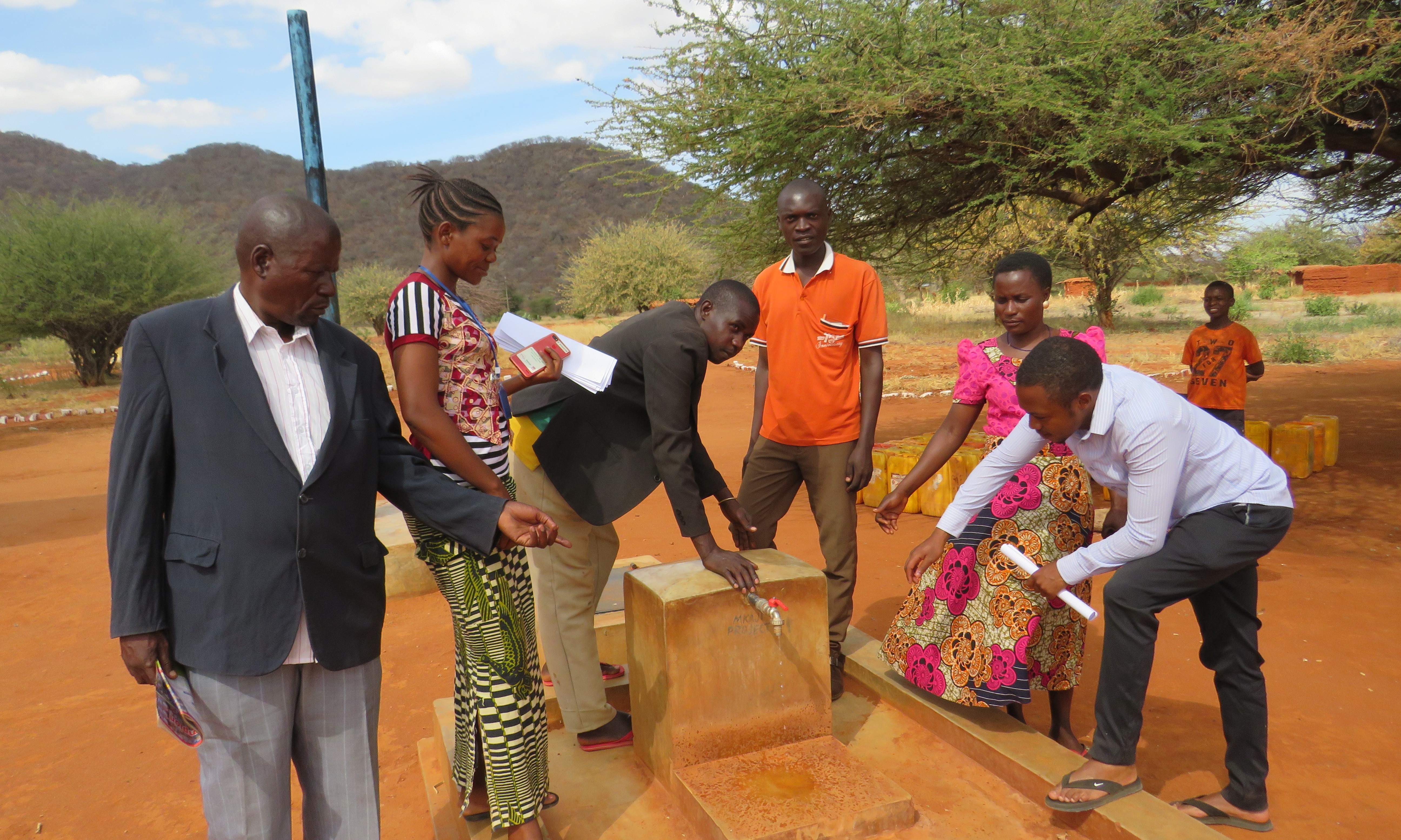Citizen action is important, but… how can it drive results?
This blog introduces two pieces of research by Integrity Action on a) what makes frontline duty-bearers act with integrity, and b) when citizens identify problems with public service delivery, how they are solved.
We are delighted to share two new pieces of research, commissioned by Integrity Action, which are asking two questions that we believe are critical to our work and our field:
- What makes frontline duty-bearers (specifically teachers and healthcare workers) act with integrity?
- When citizens identify problems with public service delivery, how are they solved?
Integrity Action has worked with its partners for many years to enable citizens to monitor essential services and promote greater integrity in how they are delivered. Citizens becoming aware of their entitlements, and gaining confidence in making demands of services, are all important outcomes in our work – but of course, we strive for more than that.
We want to see improvements to the delivery of services themselves, in line with citizens’ expressed needs, as well as stronger ongoing relationships between citizens and duty-bearers. And it’s not just us. How do we expect citizens to remain engaged in initiatives like these if they are not seeing improvements, or being responded to?
These pieces of research explore this issue at two levels: that of the frontline duty-bearers (with a focus on teachers and healthcare workers), and that of discrete problems with services that have been identified by citizens.
For each piece of research, we have worked with the research teams to produce a full report, a summary with the top takeaways, and an interactive quiz that covers both pieces of research together.
Hang on – a quiz? Yes, you read that right. We’ve been looking into engaging and novel ways to communicate the research, and we decided to use a tool that is usually used to produce “interactive fiction” – adventure stories where the reader chooses what to do and which path to take. We have not seen anyone use an interactive fiction tool to communicate research findings before but would be delighted to know of any examples!
Let’s quickly introduce the two pieces of research.
What makes frontline duty-bearers act with integrity?
Full research report | 10 key takeaways | Quiz | Annexes
This research was carried out by blueTAP consult, and looked for the conditions that enable or inspire frontline duty-bearers (specifically teachers and healthcare workers) to act with integrity. Integrity was defined as having three pillars: responsiveness, equity, and transparency.
The research also looked at promising approaches that can help create or strengthen these conditions.
The research team conducted surveys and interviews with more than 100 teachers and healthcare workers, primarily in Kenya and Nepal. They also consulted sector experts and did a literature review.
The report has some lovely diagrams showing the different conditions that enable or inspire, the categories they fall under, and the approaches which can be used to strengthen different categories.
Solving problems in public service delivery
Full research report | Key takeaways | Quiz
This research was conducted by Ecorys, and looked at citizen monitoring programmes being implemented by Integrity Action and its partners in Kenya, Palestine and Afghanistan.
The researchers focussed on 16 projects or services that had been monitored – predominantly infrastructure delivered at the community level, such as new classrooms, water supplies, and solar energy systems.
They then looked at 32 problems that had been raised by citizens – half of which had been solved, and half of which hadn’t. By interviewing citizens and duty-bearers involved in each case, they identified the most important factors and pathways that could influence problem resolution.
There are some great visuals in this report too, showing how the different factors interact.
Let us know what you think
Please reach out if you have any questions, feedback, or insights – we’d love to hear from you.
Finally, huge thanks to the members of the research steering groups: Jessica Musila, Tracy Ledger, Tom Aston, Zukiswa Kota, Rick Davies and Rudi Borrmann.
And also to the organisations, duty-bearers and citizens who took part in the research. Thank you!


